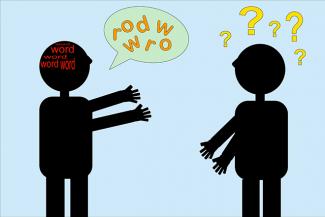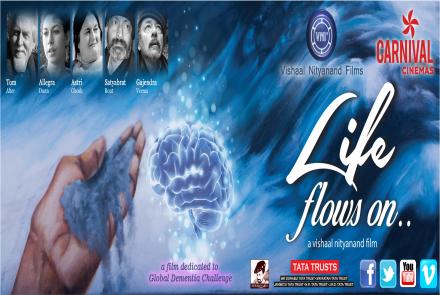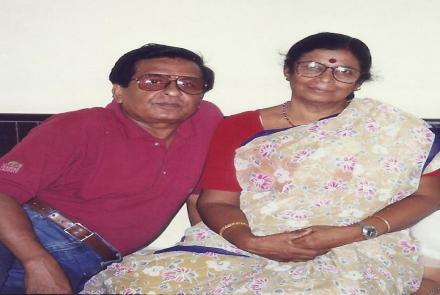
After a stroke nearly 20-40 per cent patients develop communication problems or aphasia, the inability to comprehend and formulate language because of damage to specific language areas in the brain. Dr Sujata Gandhi, Speech Therapist, Nanavati Hospital, advises that speech and language therapy is the best way to restore normalcy and quality of life.
How does a stroke or ‘brain attack’ affect speech and communication?
A stroke causes damage to the Speech and Language areas of the brain. For most people, these are parts of the Left Hemisphere of the brain. Aphasia occurs suddenly often as a result of a stroke or head injury but may develop slowly in case of a brain tumour.
What happens when a stroke affects speech?
The difficulties of people with aphasia range from occasional trouble finding words to losing the ability to understand, speak, read or write. Intelligence, however, is not affected. Aphasia may occur with speech disorders such as Apraxia or Dysarthria.
Listen to a stroke survivor talk about her recovery from global aphasia
What is Aphasia?
Aphasia is a Communication disorder. It is the inability to comprehend and formulate language because of damage to specific language areas in the brain.
What causes Aphasia?
- Stroke
- Brain Tumours
- Brain Infections
- Head Injuries
- Dementia
What are the symptoms of Aphasia?
Main symptoms are:
- Trouble to speak or slurring in speech.
- Struggling with finding correct words or terms.
- Using strange or inappropriate words.
- Inability to comprehend Speech.
- Difficulty in reading and writing.
What per cent of stroke survivors are affected by Aphasia?
According to the National Aphasia Association, 20-40% of stroke survivors have Aphasia.
Are there different types of Aphasia?
- Expressive / Non Fluent / Broca's Aphasia - Expression in form of speech or writing is affected.
- Comprehension / Fluent / Wernicke's Aphasia - Person cannot understand commands, spoken words. Their speech remains fluent. His answers will not connect to the questions.
- Global Aphasia - This affects all aspects of language. Both comprehension and expression are affected.
- Anomic Aphasia - Person has difficulty in naming objects.
How is Aphasia treated?
Speech and Language Therapy is the most essential and common treatment for Aphasia.
Can speech be recovered after a stroke?
Speech and language can be restored by Therapy. It depends on the extent of damage to the areas in the brain. Generally, therapy gives good results except in Global Aphasia where prognosis is poor.
Related Reading: Healing the mind after a Stroke
What does speech and language therapy involve?
Speech and Language Therapy involves in bridging the communication deficit. The patient needs to attend Speech Therapy sessions which may range from half hour to forty five minutes twice a week or more frequently. Regular sessions and follow up at home with the family members results in good prognosis.
What the general guidelines for communicating with people with Aphasia?
- Family members should understand the problem that the patience faces.
- Respect the patient’s age - do not treat or speak to them like a child.
- Do not ridicule or laugh at the errors or mistakes that they make.
- Speak slowly and clearly. Do not shout.
- Be patient and encouraging.

Dr Sujata Gandhi, Speech Therapist, Nanavati Hospital,
















